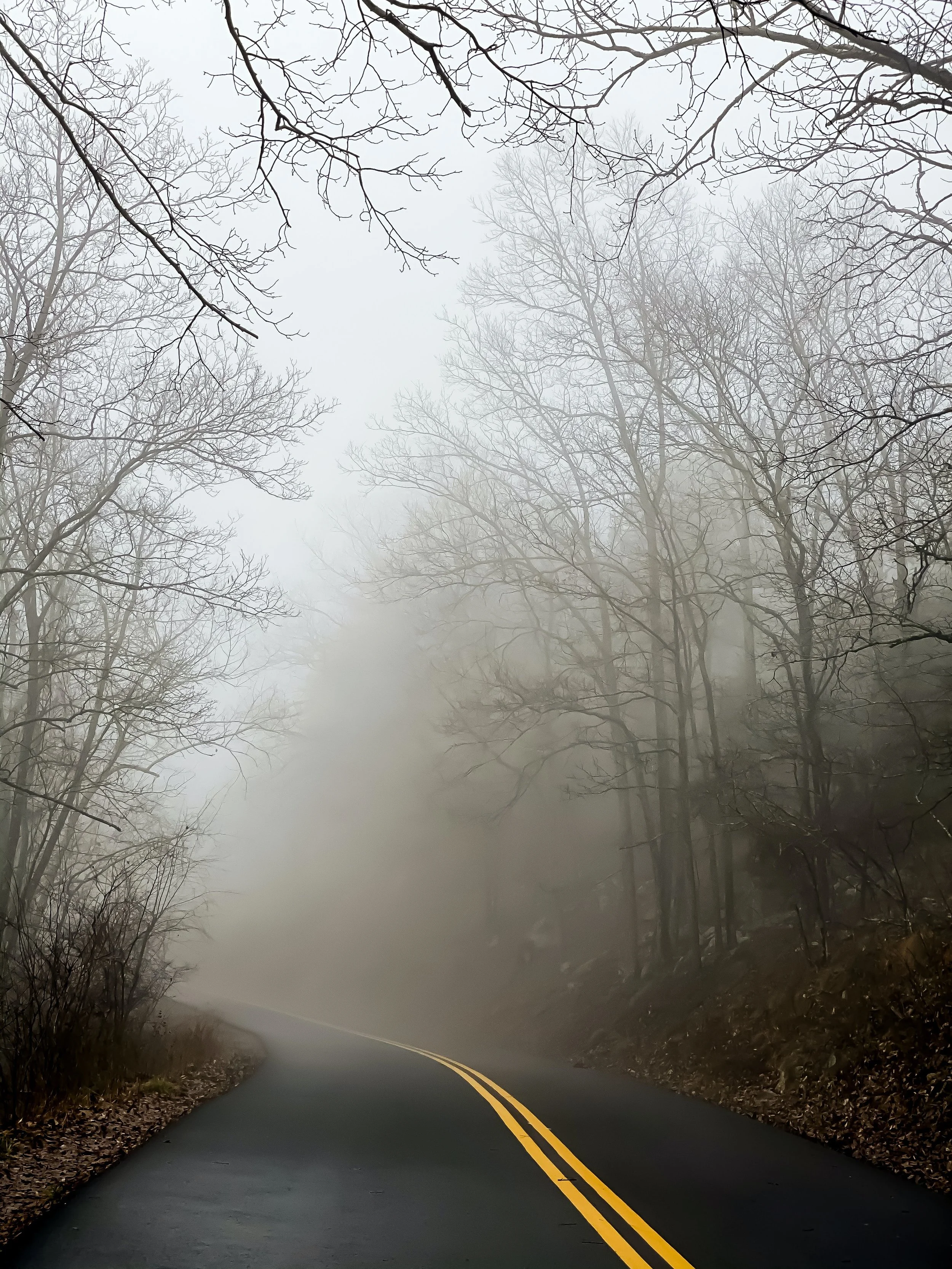Becoming Comfortable with the Unknown
Like many of us, my family contracted covid over the past two weeks. My kids and their dad picked it up on the way home from a holiday flight to see their grandma. After two years of this, we’re all familiar with the isolation, the waiting for symptoms, and now the search for at-home test kits or test appointments. I’ve had a lot of time to ponder my impatient reactions to the waiting, and the fear of the unknown.
I like to live my life in a state of certainty. I like to be confident of my decisions and have solid plans. The structure gives me comfort. It puts my mind at ease to have these knowns:
Dates for my speaking engagements, teaching commitments, events and retreats
Dates for personal and professional travel
Dates when my children are with me (I have shared custody with their dad)
When I’ll have downtime for personal vacation and retreats
What to expect with my weekly work meetings and weekend plans
The months when I will be busy and slow (based on the seasonality of a consulting & coaching business)
Creating these plans gives me a sense of control over how I spend my time. Yet as we’ve all learned with covid, all these plans can be instantly disrupted and we can be dropped into an overwhelming state of unknown.
These are four strategies that help me become more comfortable with the unknown.
1. Reframe plans as fluid pencil sketches
Whether plans feel like a satisfying commitment or a disliked obligation, consider reframing your mindset around them. Make the plans, but know that they can always change. Global supply chain issues will cause a delay to the product release date with a major retailer. Unprecedented sick days will cause a team to be weeks or months behind and unable to hit a release date. Major events will get cancelled or postponed, making that major marketing campaign irrelevant.
If you count on plans as a certainty, you will be disappointed.
Instead, make your plans. But consider them a fluid pencil sketch to be held lightly. External circumstances may cause them to change. Equally important, you can change your mind about the plans.
2. Are you typically planned or spontaneous? Break your pattern and play with the opposite
What’s your typical pattern? For me, I’m a planner. This is my most natural mode both personally and professionally. What about you? Do you prefer to have solid plans or to leave your schedule up in the air and free for spontaneous events? Does this change in the personal vs professional contexts?
Let’s try an experiment. Over the next 1–2 weeks, play with the opposite of your comfortable pattern:
If you’re a planner, stop making plans ahead of time and take things day by day. When possible, decide what to do each day depending on how you feel.
If you’re more spontaneous, start making plans over the coming weeks.
Notice what happens when you try your opposite pattern. See if it gets you more flexible and adaptable with the unknown.
3. Always be curious. Notice what’s uncomfortable with the unknown
Whenever you feel uncomfortable with the unknown, stop and sit with the feelings. Many times, we will fail to stop and instead hurtle into our familiar patterns. I will typically start making those plan A, plan B, and all the other contingency threads of what could happen. For me, it’s far easier to act than to pause and think.
Yet in order to become more comfortable with the unknown, it’s important to understand our relationship with it. This requires being curious and asking yourself the following questions:
What emotion am I feeling right now?
For me, it’s often disappointment and frustration that there is no clear path forward. An uneasiness with not knowing. Which can also turn into hopelessness if it’s been happening for a while (like another covid surge).Where do you feel it in your body?
For me, I feel tension in my neck and jaw and a fluttering in my stomach. The uneasiness is also sometimes a tingling around my entire body.What’s the gift in this situation?
We can often feel stuck and powerless in the face of the unknown. Opening up to different perspectives lets us choose to tell different versions of the story. You don’t have to believe the gift… simply the exercise of brainstorming alternative explanations can help unstick our thinking.When I have felt this before? What did I do? What happened?
Learning to look back at our history helps us see our patterns and actively make a choice on what to do next.
Through all of these questions, keep being curious and questioning.
4. Take it one day at a time
Finally, even though the unknown may seem unbearable, time always passes. We continue our days with our work and home rituals. And as each day passes, either the unknown will seem less pressing, or we get more information and better understand the situation.
Just keep going, one day at a time. And know that this discomfort will pass. And eventually, the unknown will become known.
Bottom-Line
After spending 2 years worrying about covid and all the disruptions in plans, there was a tiny bit of relief to be finally have the virus in our home. I’m grateful that our symptoms were light, even as we dealt with the anxiety of finding antigen test kits and getting PCR test appointments. It reminds me that we’re often the most afraid of the unknown and perhaps spend more time in fear than in actually addressing the thing.
These four tips are ways that I use to become more comfortable. I hope that they are helpful for you as well.
